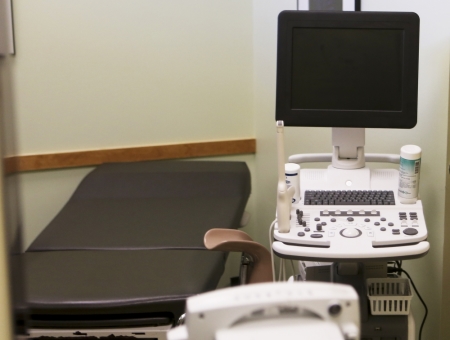Judge bars clinic from performing telemedicine abortions

A judge in Kansas ruled that a clinic cannot provide telemedicine abortions, or abortions in which a doctor guides a patient via video conference through a medication-induced termination of pregnancy.
Shawnee County District Judge Teresa Watson ruled against the Trust Women Foundation’s request for an injunction blocking implementation of a state law banning telemedicine abortions.
In a decision released Monday, Judge Watson concluded that the abortion clinic “failed to demonstrate here that it or its patients will suffer irreparable injury in the absence of a temporary injunction for the period of time between now and a decision on the merits.”
“The Telemedicine Act does not authorize or prohibit any specific medical procedure. Rather, it clarifies that the same federal privacy protections afforded patients apply equally to care provided in person and via telemedicine,” wrote Watson.
“Because the Telemedicine Act does not limit or prohibit abortion in this state, Plaintiff’s constitutional challenge to Sections 6 and 7 of the Telemedicine Act in this context fails as a matter of law.”
Trust Women CEO Julie Burkhart said in a statement that her organization’s Witchita clinic, which ceased offering telemedicine abortions at the end of 2018, would continue to not offer them in response to the decision.
“We cannot broaden that access and feel confident that the clinic or the physicians will not be penalized for that,” stated Burkhart, as reported by the Associated Press.
“If we're putting our physicians or the clinic in jeopardy, we're working against our mission. The mission is to bring access to people.”
Mary Kay Culp, executive director of Kansans for Life, celebrated the decision, stating that it was “wonderful” news for the state.
“It’s truly justice,” said Culp in a statement quoted by LifeNews.com. “We’ll see what it means in the long run. But for now, and especially coming from a woman, it’s a great decision.”
Kansas’ legislature passed legislation in 2011 aimed at banning telemedicine abortions, as well as amendments to said law in 2015. However, the legislation has been hindered by multiple lawsuits.
On New Year’s Eve 2018, District Judge Franklin Theis, also of Shawnee County, ruled against the telemedicine abortion ban, putting parts of the law on hold pending further litigation.





















